News: Environment Institute
National Threatened Species Day: Bob Croser ReBird The Ranges
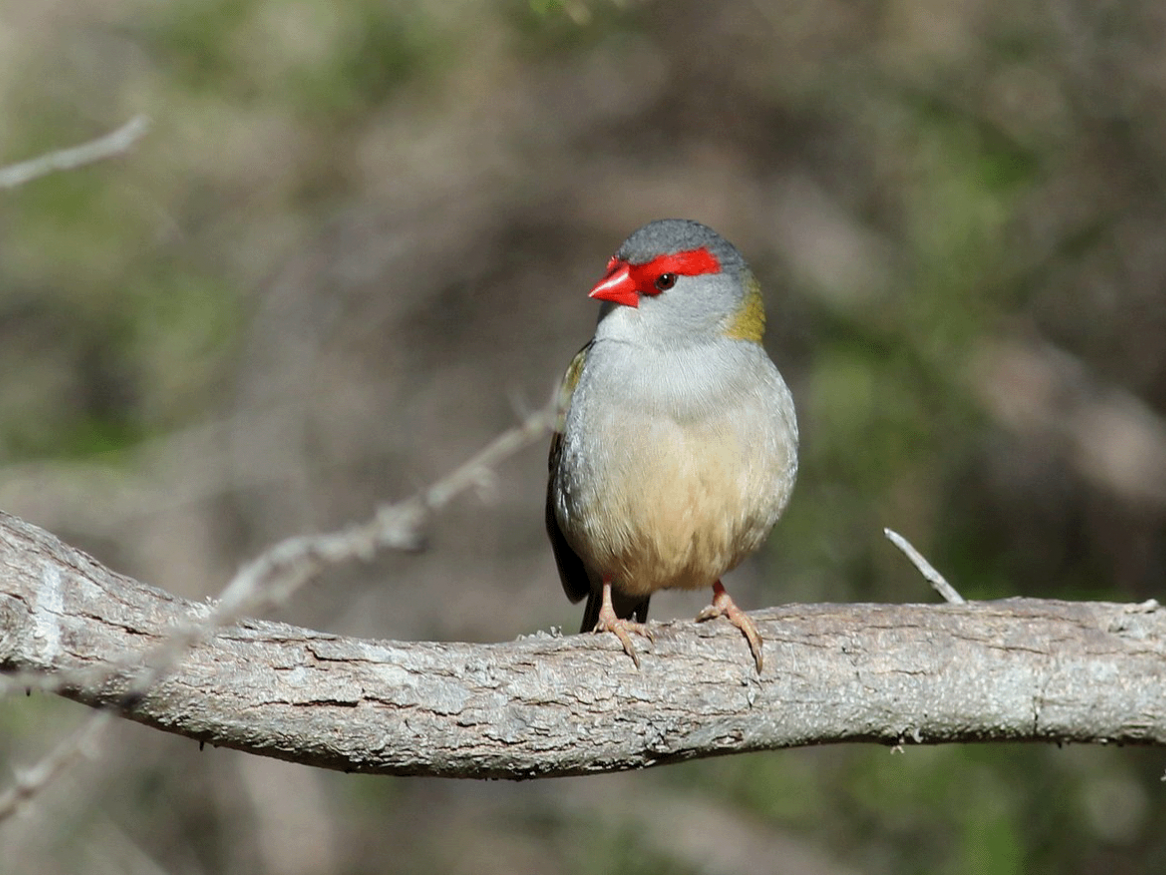
September 7th is National Threatened Species Day, a significant day which also marks the death of the last remaining Tasmanian Tiger in Australia. The aim of this national day is to shed light on other native species that are at risk of having the same fate. At the Environment Institute, the Bob Croser Woodland Recovery Program is supporting research and hands-on restoration projects in the South Australian Mount Lofty Ranges (MLR). The Program works hand-in-hand with ReBird the Ranges and its network of partner organisations, all united by a shared passion for bringing back MLR woodland bird populations.
[Read more about National Threatened Species Day: Bob Croser ReBird The Ranges ]
Dr Nina Wootton Awarded 2025 Max Day Environmental Science Fellowship Award

Congratulations to Environment Institute member Dr Nina Wootton who was presented with 2025 Max Day Environmental Science Fellowship Award, by the Australian Academy of Science. Named in honour of the Dr Maxwell Frank Cooper Day AO FAA, who held strong beliefs towards interdisciplinary approach to research, this award provides funding to early career researchers.
[Read more about Dr Nina Wootton Awarded 2025 Max Day Environmental Science Fellowship Award]
Building International Partnerships: CIFOR-ICRAF

Dr Robert Nasi, Director of Science, Centre for International Forest and World Agroforestry (CIFOR-ICRAF), recently visited the Environment Institute at the university of Adelaide as we continue to build and strengthen our successful partnership with CIFOR-ICRAF. Robert is an Adjunct professor at the university of Adelaide and featured as a panellist at the 2025 EI Research Symposium session “partner connected research”.
[Read more about Building International Partnerships: CIFOR-ICRAF ]
South Australia Paving the Way to Reduce Plastic Pollution

South Australia has become the first place in the world to ban single-use plastic soy sauce containers, marking a major step in the fight against plastic pollution. Dr Nina Wootton, Environment Institute member, welcomed the move, highlighting the dangers of “convenience packaging” that is too small to recycle effectively. She hops other Australian states will adopt similar bans, positioning South Australia as a global leader in tackling single-use plastics.
[Read more about South Australia Paving the Way to Reduce Plastic Pollution]
The Harmful Algal Bloom – moving to finding a solution

As advised in a recent submission to the Australian Senate Inquiry into algal blooms in South Australia, researchers from the Environment Institute have recommended immediate actions. In the last month we produced and published the Environment Institute Harmful Algal Bloom (HAB) Capability statement to highlight this expertise, and help engagement with partners seeking to find solutions to the harmful algal bloom challenge.
[Read more about The Harmful Algal Bloom – moving to finding a solution ]
Celebrating the First Ever World Lake Day: Why Lakes Matter
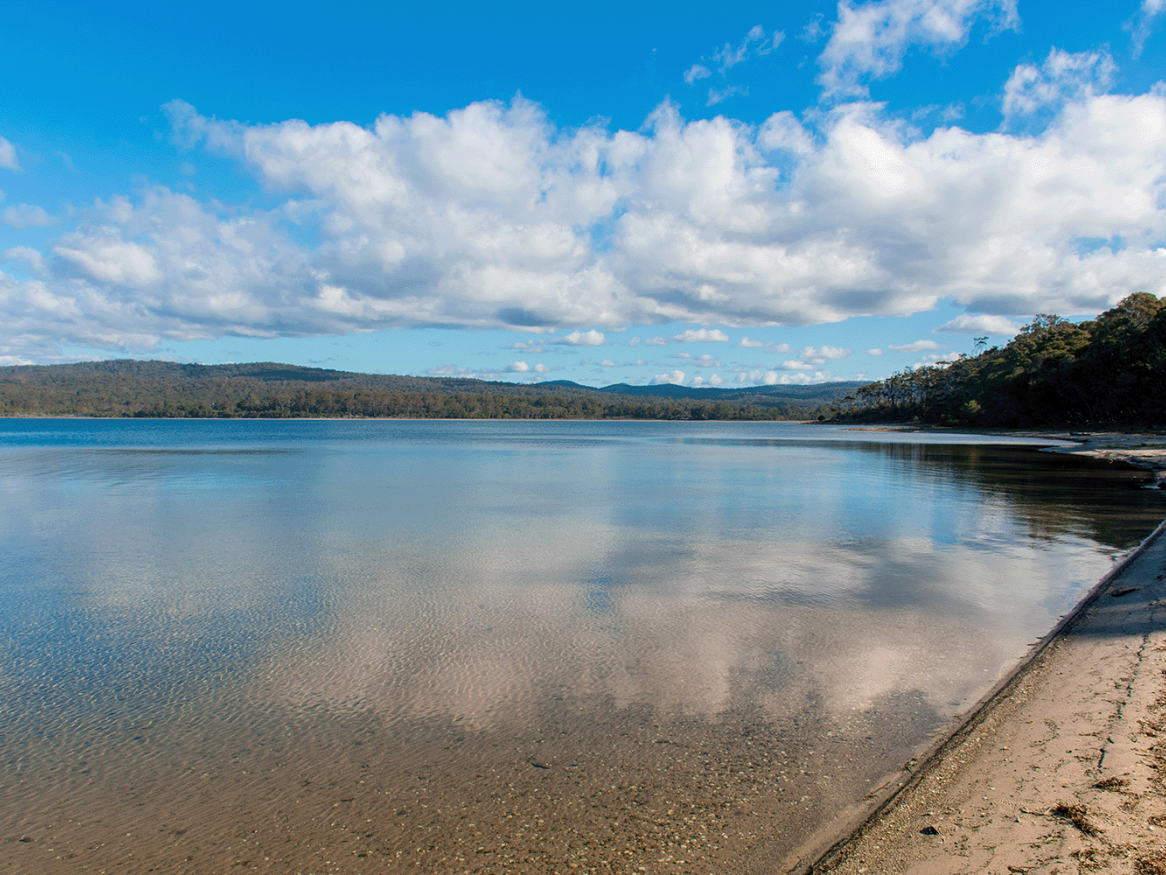
Today is the first ever United Nation’s World Lake Day. The need to protect our lakes and maintain their biodiversity is essential more than ever. Lakes play a key role in climate regulation, keeping our planet cool through absorbing floodwaters, and storing carbon. We’re highlighting the research of Environment Institute member Professor Justin Brookes and his colleagues. Their recently published study enhances our understanding of nitrogen removal mechanisms in both the water column and sediments of large shallow lakes.
[Read more about Celebrating the First Ever World Lake Day: Why Lakes Matter]
2025 Environment Institute Research Symposium
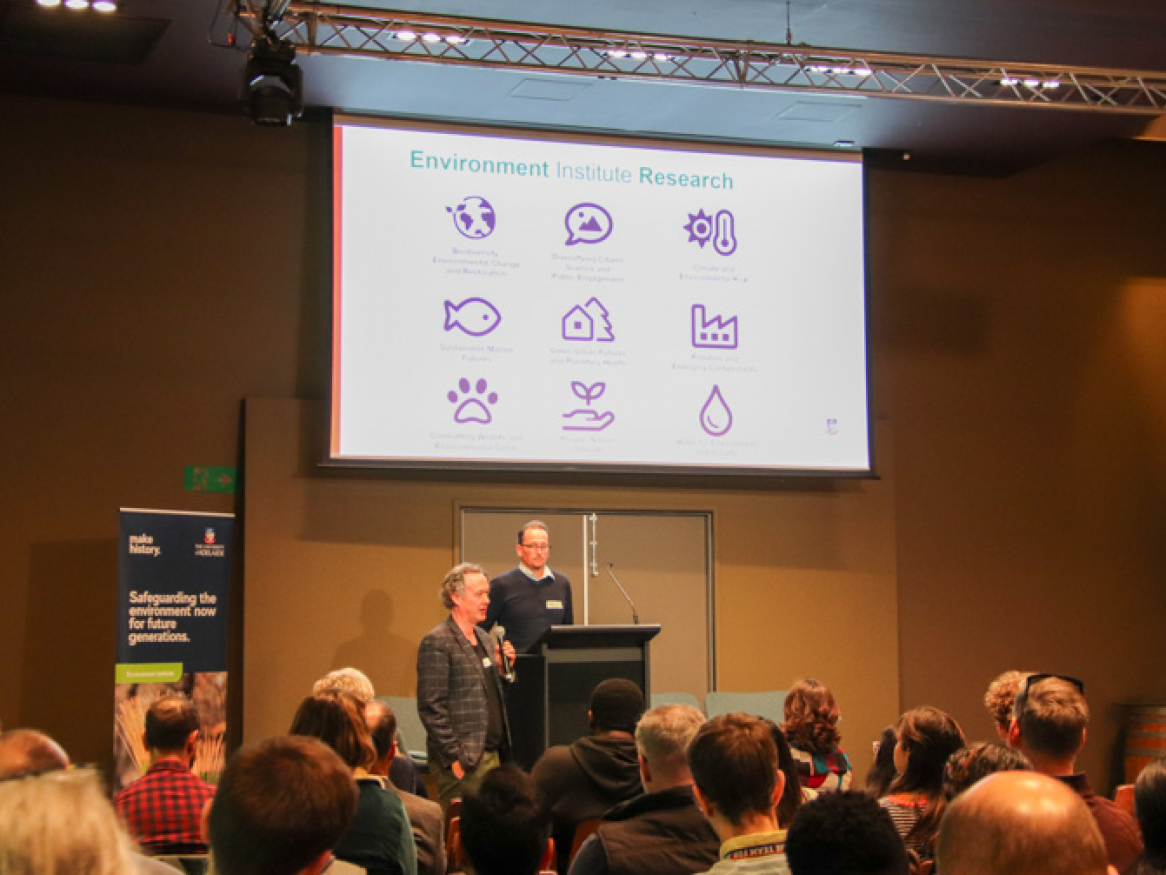
We held our annual research symposium, bringing together over 120 attendees - research partners, stakeholders, Environment Institute members, higher degree research students, and EI Advisory Board members.This engaging, energised day provided connection and learnings related to the Institute’s nine Research Initiatives, our research capabilities, key partnered projects, as well as future opportunities and cross sector trends.
[Read more about 2025 Environment Institute Research Symposium ]
Dr Phillipa McCormack on Ken Henry’s Call for Urgent Nature Law Reform
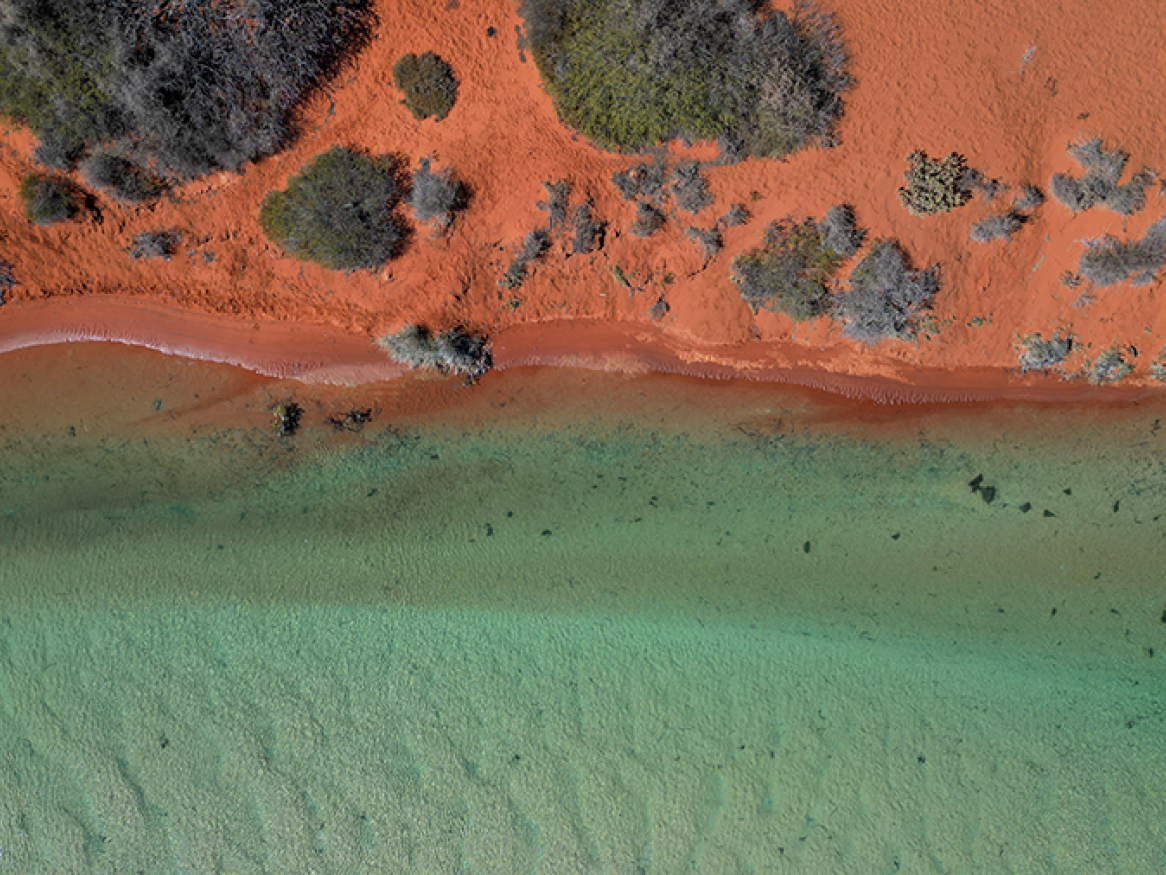
Dr Phillipa McCormack, Future Making Fellow at the Environment Institute, wrote about Ken Henry’s call for reform of Australia’s fragile environmental protection laws in The Conversation. In his speech to the National Press Club, Henry warned that Australia’s global reputation and its net zero commitments are at risk without urgent change. He described the Environment Protection and Biodiversity Conservation Act (EPBCA) as “a misnomer if ever there was one” and condemned delays in reform.
[Read more about Dr Phillipa McCormack on Ken Henry’s Call for Urgent Nature Law Reform]
The Future of Reindeer at Risk
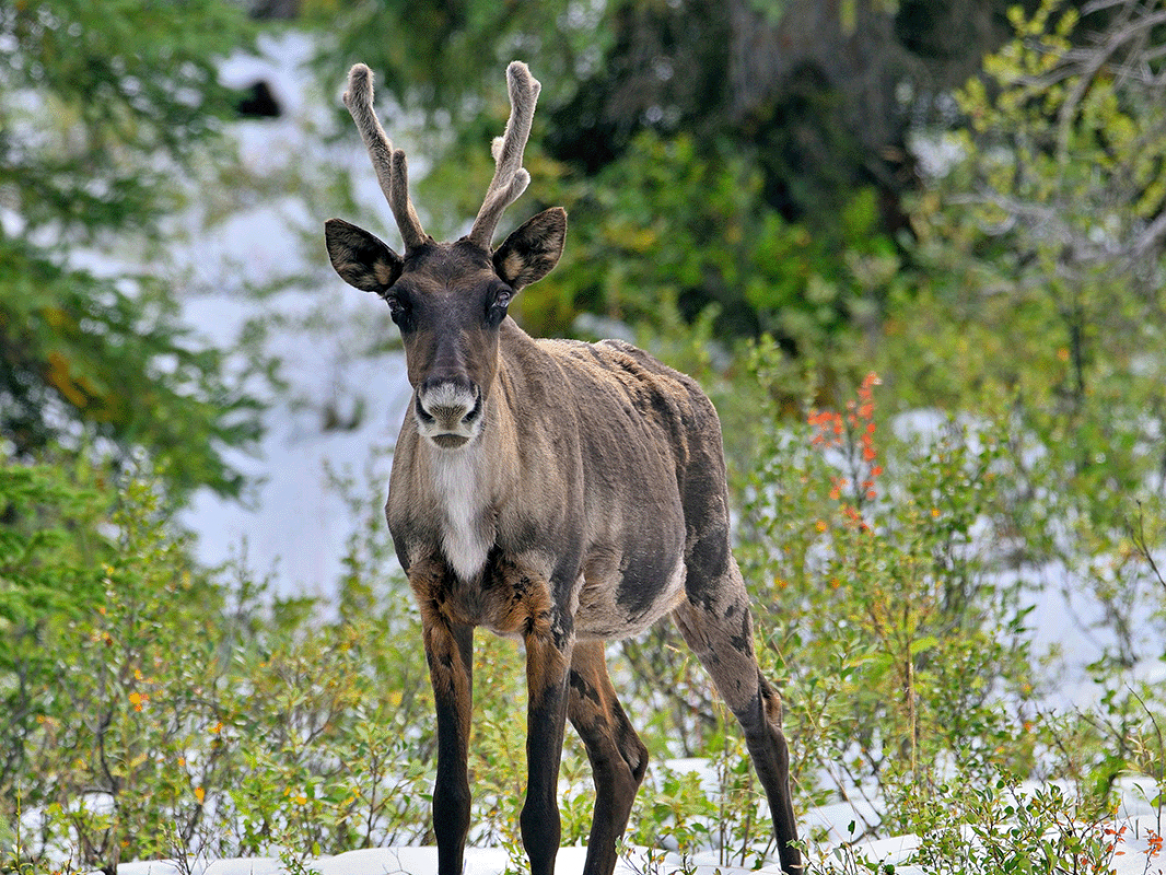
An international team of researchers from the University of Adelaide and the University of Copenhagen, co-led by Associate Professor Damien Fordham, Environment Institute Deputy Director, sought to understand how reindeer have responded to past environmental change to better predict their chances in a warming future. Growing concern surrounds the future of reindeer as additional pressures mount.
Oyster Reef Restoration: Your Chance to Contribute
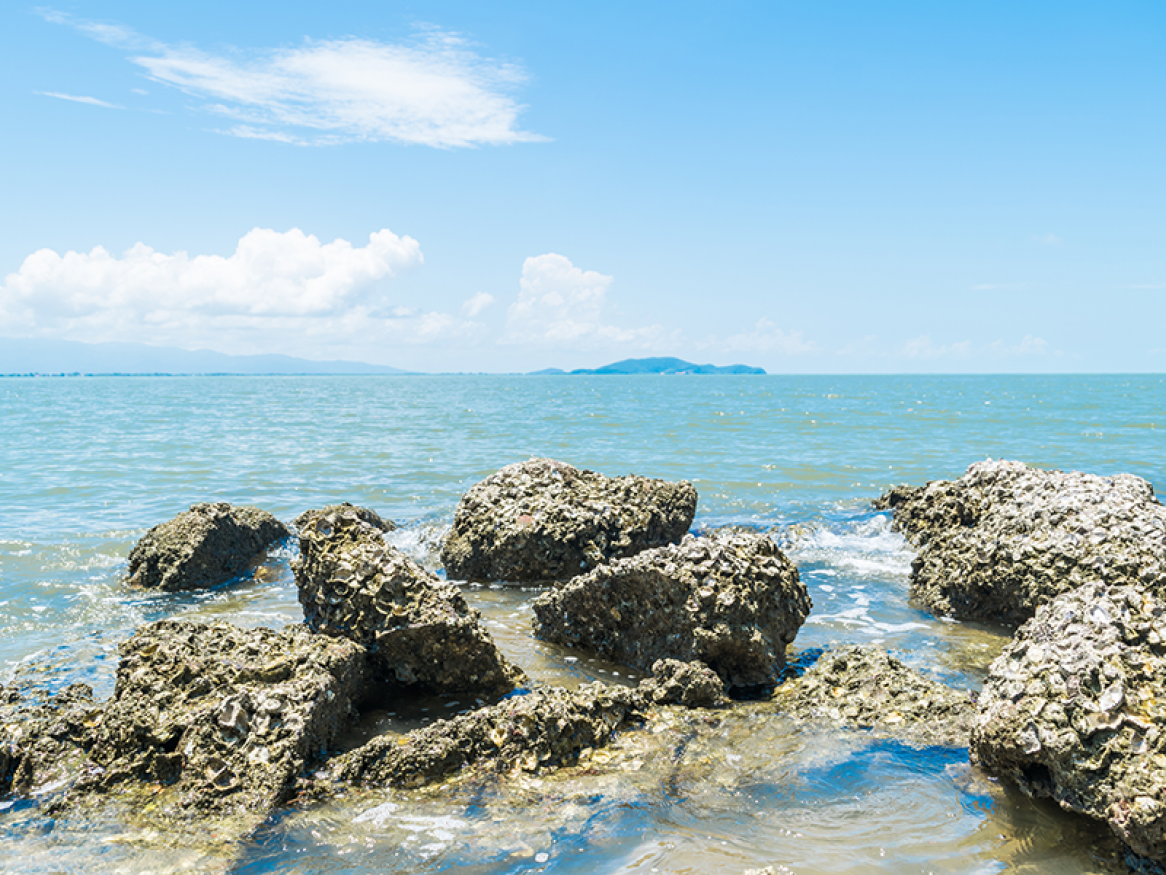
Oyster reef restoration is looking like the answer we need to combat the Harmful Algal Bloom (HAB), and now you have the chance to help. Environment Institute Future Making Fellow Dr Dominic McAfee recently spoke with ABC Radio Adelaide to discuss this great initiative in partnership with OzFish Adelaide Chapter, and how volunteering to make oyster baskets will help the Port River flourish once again.
[Read more about Oyster Reef Restoration: Your Chance to Contribute ]

Newsletter & social media
Join us for a sensational mix of news, events and research at the Environment Institute. Find out about new initiatives and share with your friends what's happening.
